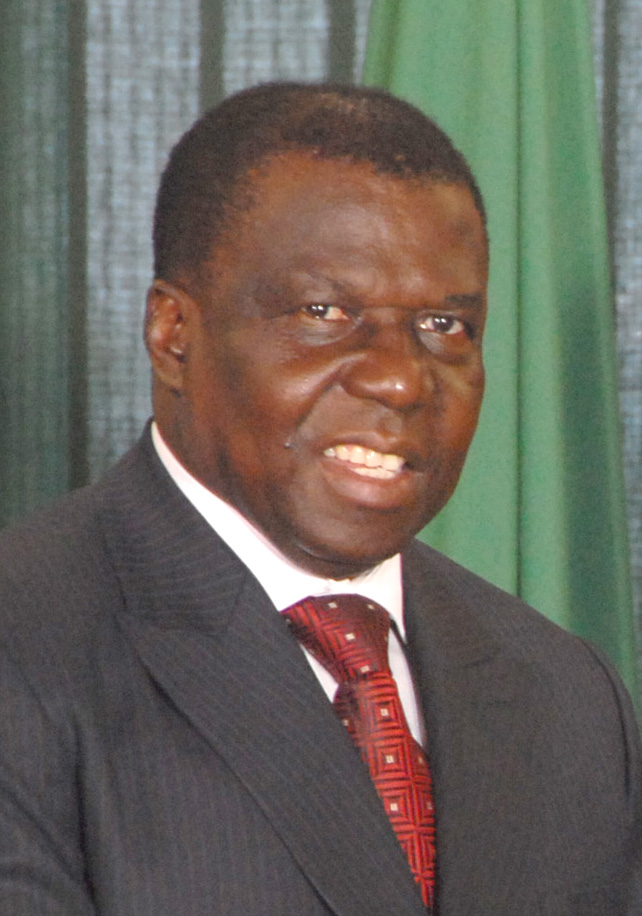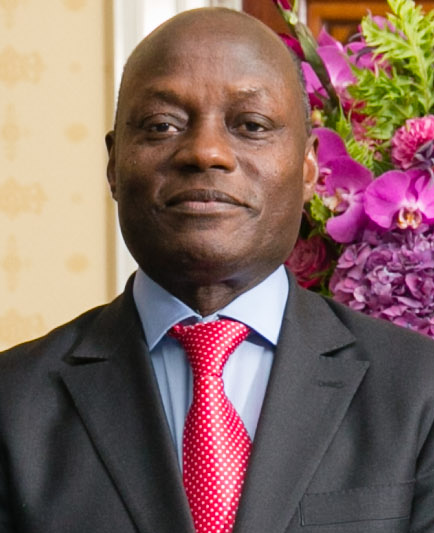|
Republican Party For Independence And Development
The Republican Party for Independence and Development ( pt, Partido Republicano para a Independência e Desenvolvimento, PRID) is a political party in Guinea-Bissau led by António Afonso Té. History The party was established in March 2008 as a breakaway from the PAIGC who supported President João Bernardo Vieira.Last elections IPU Led by , it finished third in the popular vote in the 2008 parliamentary elections, winning three seats in the [...More Info...] [...Related Items...] OR: [Wikipedia] [Google] [Baidu] |
Guinea-Bissau
Guinea-Bissau ( ; pt, Guiné-Bissau; ff, italic=no, 𞤘𞤭𞤲𞤫 𞤄𞤭𞤧𞤢𞥄𞤱𞤮, Gine-Bisaawo, script=Adlm; Mandinka: ''Gine-Bisawo''), officially the Republic of Guinea-Bissau ( pt, República da Guiné-Bissau, links=no ), is a country in West Africa that covers with an estimated population of 1,726,000. It borders Senegal to the north and Guinea to the south-east. Guinea-Bissau was once part of the kingdom of Kaabu, as well as part of the Mali Empire. Parts of this kingdom persisted until the 18th century, while a few others were under some rule by the Portuguese Empire since the 16th century. In the 19th century, it was colonised as Portuguese Guinea. Portuguese control was restricted and weak until the early 20th century with the pacification campaigns, these campaigns solidified Portuguese sovereignty in the area. The final Portuguese victory over the remaining bastion of mainland resistance, the Papel ruled Kingdom of Bissau in 1915 by the Portu ... [...More Info...] [...Related Items...] OR: [Wikipedia] [Google] [Baidu] |
African Party For The Independence Of Guinea And Cape Verde
The African Party for the Independence of Guinea and Cape Verde ( pt, Partido Africano para a Independência da Guiné e Cabo Verde, PAIGC) is a political party in Guinea-Bissau. Originally formed to peacefully campaign for independence from Portugal, the party turned to armed conflict in the 1960s and was one of the belligerents in the Guinea-Bissau War of Independence. Towards the end of the war, the party established a socialist one-party state, which remained intact until multi-party democracy was introduced in the early 1990s. Although the party won the first multi-party elections in 1994, it was removed from power in the 1999–2000 elections. However, it returned to office after winning parliamentary elections in 2004 and presidential elections in 2005, since which it has remained the largest party in the National People's Assembly. The PAIGC also governed Cape Verde, from its independence in 1975 to 1980. After the military coup in Guinea-Bissau in 1980, the Cape ... [...More Info...] [...Related Items...] OR: [Wikipedia] [Google] [Baidu] |
João Bernardo Vieira
João Bernardo "Nino" Vieira (; 27 April 1939 – 2 March 2009) was a Bissau-Guinean politician who was the President of Guinea-Bissau from 1980 to 1999, except for a three-day period in May 1984, and from 2005 to 2009. After seizing power from President Luís Cabral in a military coup in 1980, Vieira ruled as part of the Military Council of the Revolution until 1984, when civilian rule was returned. Opposition parties were allowed in 1991, and Vieira won a multiparty presidential election in 1994. He was ousted at the end of the 1998–1999 civil war and went into exile. He made a political comeback in 2005, winning that year's presidential election. Vieira was killed by soldiers on 2 March 2009, apparently in retaliation for a bomb blast that killed Guinea-Bissau's military chief General Batista Tagme Na Waie hours before. The military officially denied these allegations after unidentified Army officials claimed responsibility of Vieira for Na-Waie's death. Viei ... [...More Info...] [...Related Items...] OR: [Wikipedia] [Google] [Baidu] |
Aristides Gomes
Aristides Gomes (born 8 November 1954 .) is a Bissau-Guinean politician who was the from 8 November 2019 until 28 February 2020. He previously served as Prime Minister from April 2018 to October 2019, and again from 2 November 2005"President appoints controversial new prime minister" IRIN, November 2, 2005. to 13 April 2007. He has subsequently served as President of the |
Guinea-Bissau Legislative Election, 2008
Parliamentary elections were held in Guinea-Bissau on 16 November 2008."Guinea Bissau to hold parliamentary polls in November" African Press Agency, 26 March 2008."Bissau: proclamation officielle des résultats, victoire de l'ex-parti unique" AFP, November 26, 2008 . The result was a victory for the African Party for the Independence of Guinea and Cape Verde [...More Info...] [...Related Items...] OR: [Wikipedia] [Google] [Baidu] |
National People's Assembly (Guinea-Bissau)
The unicameral National People's Assembly ( pt, Assembleia Nacional Popular) is Guinea-Bissau's legislative body. The Assembly has a total of 102 seats, with all 102 members being elected. Previous National People's Assembly election results See also *History of Guinea-Bissau *Politics of Guinea-Bissau *List of presidents of the National People's Assembly of Guinea-Bissau References External links * {{coord, 11.8584, N, 15.5908, W, source:wikidata, display=title Politics of Guinea-Bissau Political organisations based in Guinea-Bissau Government of Guinea-Bissau Guinea-Bissau Guinea-Bissau Guinea-Bissau ( ; pt, Guiné-Bissau; ff, italic=no, 𞤘𞤭𞤲𞤫 𞤄𞤭𞤧𞤢𞥄𞤱𞤮, Gine-Bisaawo, script=Adlm; Mandinka: ''Gine-Bisawo''), officially the Republic of Guinea-Bissau ( pt, República da Guiné-Bissau, links=no ) ... Buildings and structures in Bissau 1973 establishments in Portuguese Guinea ... [...More Info...] [...Related Items...] OR: [Wikipedia] [Google] [Baidu] |
Guinea-Bissau General Election, 2014
General elections were held in Guinea-Bissau on 13 April 2014, with a second round for the presidential elections held on 18 May since no candidate received a majority in the first round. Several logistic problems and delays caused the elections to be repeatedly postponed, having initially been scheduled for 24 November 2013 and then 16 March 2014. In the second round, José Mário Vaz of the African Party for the Independence of Guinea and Cape Verde was declared the president-elect with 62% of the vote. Background The elections were the result of a military coup in 2012 cancelling the elections that year. On 26 February 2014, the UN Security Council urged Guinea-Bissau's transitional government to abide by announced election plans, warning of sanctions against those opposing a return to constitutional order. Former President Kumba Ialá died a few weeks before the elections. Electoral system The President were elected using the two-round system, whilst the 102 members of th ... [...More Info...] [...Related Items...] OR: [Wikipedia] [Google] [Baidu] |
Political Parties In Guinea-Bissau
This article lists political parties in Guinea-Bissau. Guinea-Bissau has a multi-party system with numerous political parties, in which no one party often has a chance of gaining power alone, and parties must work with each other to form coalition governments. Active parties Parliamentary parties Other parties *United Social Democratic Party () (PUSD) *Green Party () (LIPE) * Democratic Socialist Party () (PDS) *Democratic Social Front () (FDS) *Resistance of Guinea-Bissau-Bafatá Movement () (RGB-MB) *National Unity Party () (PUN) *United People's Alliance () (APU) * National Union for Democracy and Progress () (UNDP) * Workers' Party () (PT) *Manifest Party of the People () (PMP) *Socialist Party of Guinea-Bissau () (PSGB) * Guinean Democratic Movement () *Guinean Civic Forum–Social Democracy () (FCG/SD) *Guinean People's Party () (PPG) * Democratic Convergence Party () (PCD) *Republican Party for Independence and Development () (PRID) *Social Democratic Party () (PSD) * M ... [...More Info...] [...Related Items...] OR: [Wikipedia] [Google] [Baidu] |
Political Parties Established In 2008
Politics (from , ) is the set of activities that are associated with Decision-making, making decisions in Social group, groups, or other forms of Power (social and political), power relations among individuals, such as the distribution of resources or Social status, status. The branch of social science that studies politics and government is referred to as political science. It may be used positively in the context of a "political solution" which is compromising and nonviolent, or descriptively as "the art or science of government", but also often carries a negative connotation.. The concept has been defined in various ways, and different approaches have fundamentally differing views on whether it should be used extensively or limitedly, empirically or normatively, and on whether conflict or co-operation is more essential to it. A variety of methods are deployed in politics, which include promoting one's own political views among people, negotiation with other political subje ... [...More Info...] [...Related Items...] OR: [Wikipedia] [Google] [Baidu] |
_(2).jpg)


